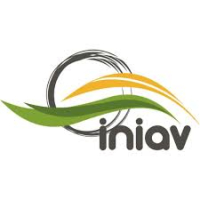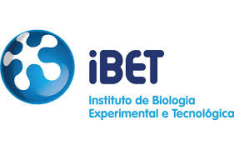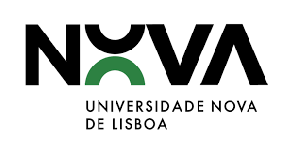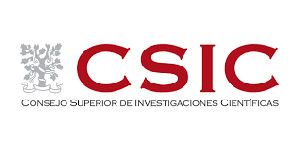ABOUT US




TRACE RICE offers an innovative solution to fraud and safety challenges focusing on natural, healthy and tasteful rice-based foods by applying new technologies for product authenticity and traceability. Brings together public and private stakeholders across 3 Mediterranean countries (Portugal, Spain, Egypt) with an integrated full chain approach (from farm to fork), for raw rice and ready-to-eat rice, which will enhance the competitiveness of SMEs operating in the rice sector. The work plan will facilitate adoption of cost-efficient and environmentally safe tools and technologies and promote innovative business models, improving quality, sustainability and opening new markets, with a focus on authenticity for rice produced in the Mediterranean. The project will also target upscaling and replication of successful case studies in two different rural territories, taking account of their diversity. Liaison with standardization bodies will allow a large dissemination of validation data obtained by their inclusion in harmonized protocols. The dissemination and adoption of techniques along the rice Mediterranean value chain will be achieved via a communication plan for the 3 countries involved and further linking to the European Federation of the sector for a wider dissemination. TRACE-RICE will identify business models with high potential for empowering rural communities to take advantage of the opportunities arising from improved rice value chain optimization and new markets. It will directly support the creation of sustainable jobs and growth and in the long-term strengthen rural economic diversification, supporting Regional and Rural Development policy.










